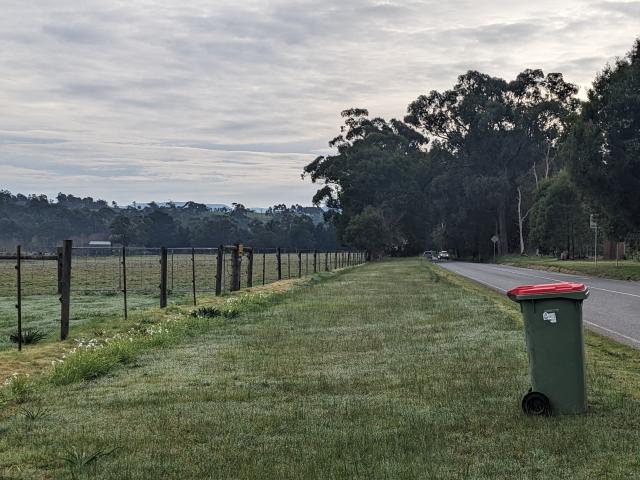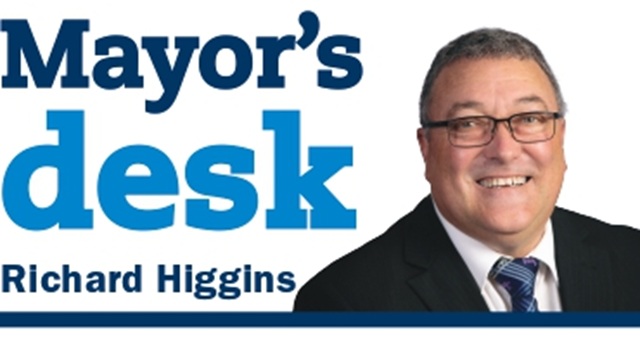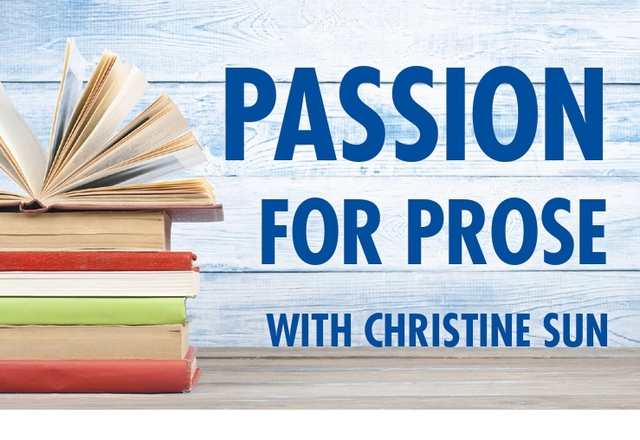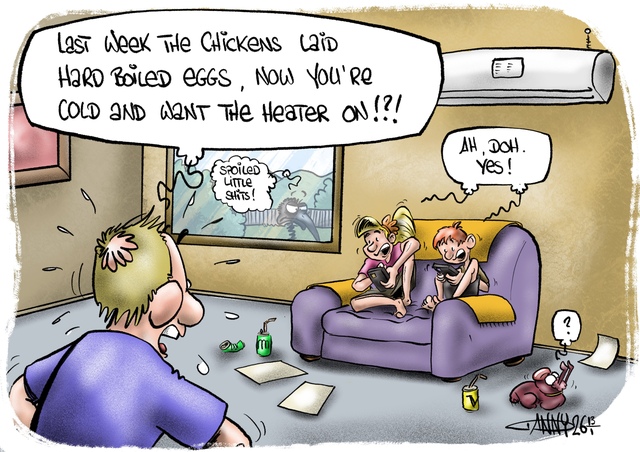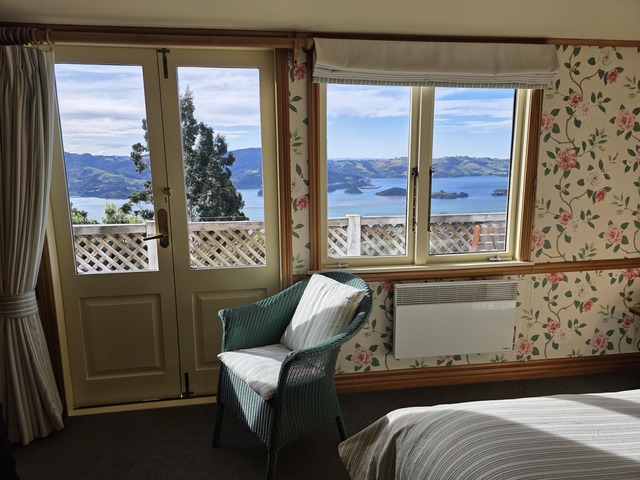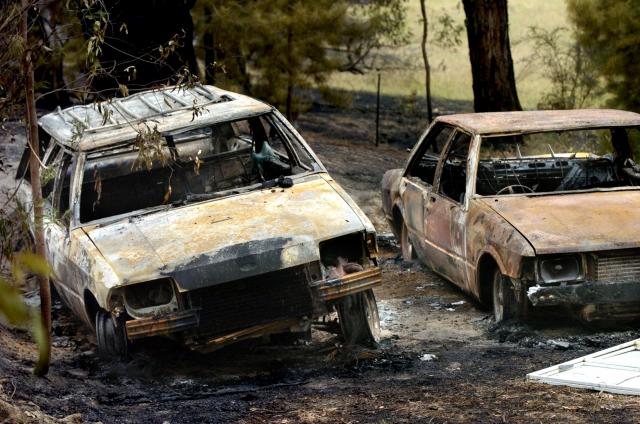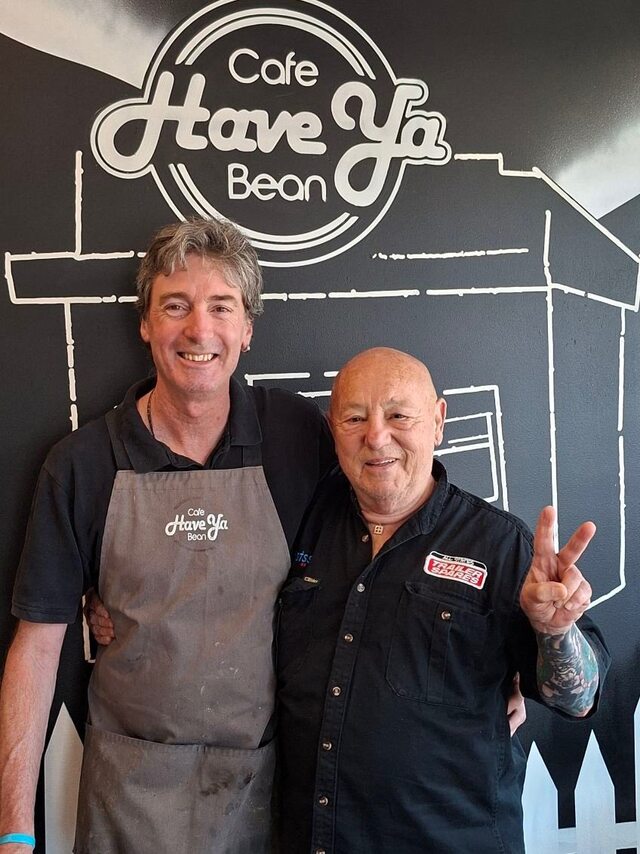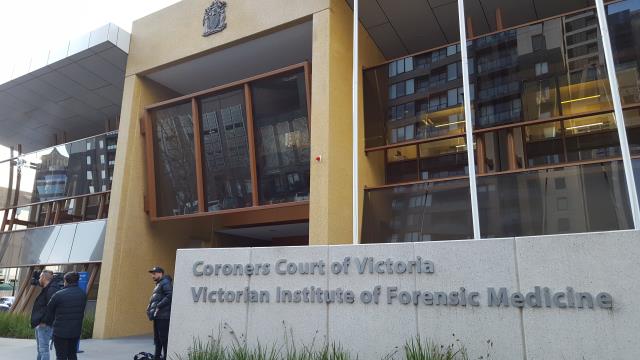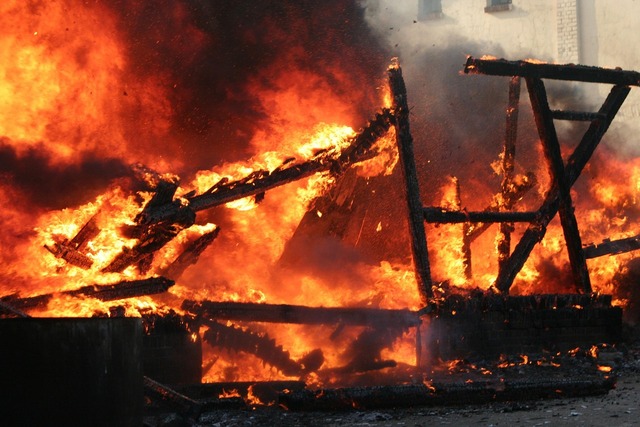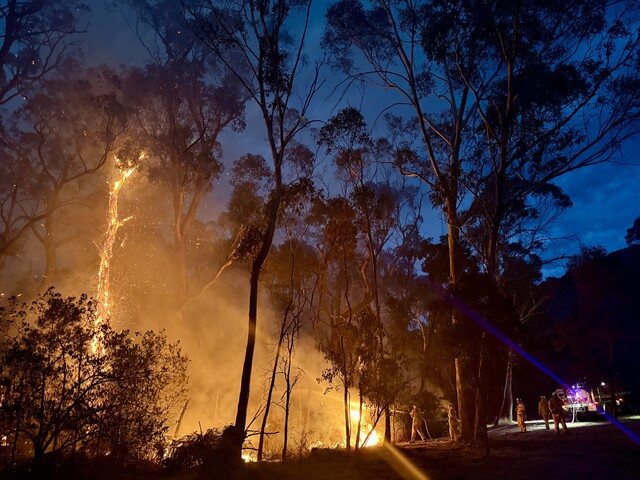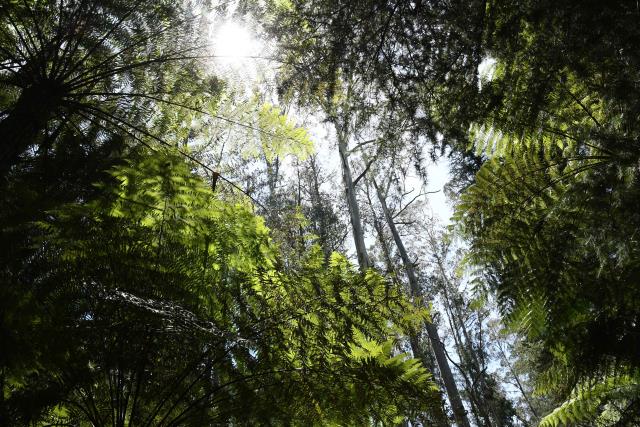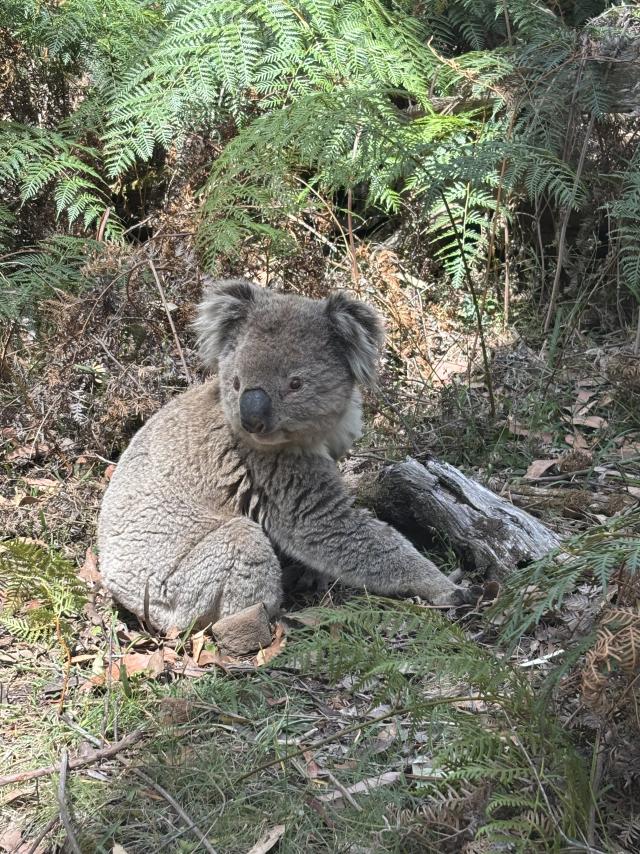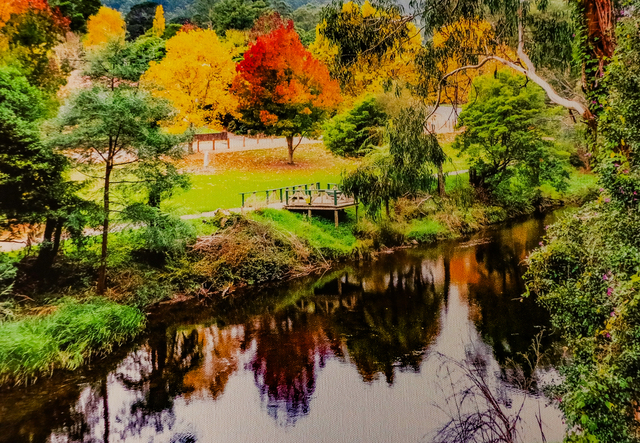As food organics and garden organics (FOGO) bins roll out across the Yarra Ranges, discussion around its uses and benefits have been airing in many forms.
With concerns raised about the new three-bin system costs and inability to opt out, somewhat of a divide has begun to form between those who are for and against the system.
The new bin system is a statewide policy change under the Circular Economy Waste Reduction Recycling Act 2021 which requires local councils to provide FOGO and eventually glass recycling to all households within its municipality.
An independent report commissioned by Sustainability Victoria in 2017 notes that at least 80 per cent of emissions comes from organic material being sent to landfill.
Yarra Ranges executive officer of resource recovery Graham Brew said in the shire alone, it produced on average per year 30,000 tonnes of waste, 17,000 tonnes of recyclable matter and 16,000 tonnes of organic waste.
“We did an audit on our garbage, recycling and organic bins prior to any change happening and the statistics coming out of that shows 45 per cent is organic material that’s in a waste bin, eight per cent is recyclables and three per cent is e-waste,” he said.
“The state government put a ban on e-waste going to landfill two or three years ago but we’re still getting three per cent of our volume which is e-waste.
“It’s over 50 per cent of material in an average bin, because it’s not everyone’s bin, that is material that does not need to go to landfill.”
With the landfill site used by councils in the east expected to reach capacity within the next two to three years, Mr Brew said it is imperative that the onus is put on every household in the state to reduce waste.
“The important thing is, yes, it’s a state government initiative but it’s a personal responsibility for everyone, not just Council. It’s a good thing. It’s going to reduce landfill, it’s going to improve the environment,” Mr Brew said.
Montrose resident, composter and co-founder of the Montrose Community Cupboard Pat Natoli said he sees the policy as a positive.
“It’s helping people compost if they don’t have the ability to, it’s helping to reduce more carbon dioxide and greenhouse gases going into the atmosphere,” he said.
“And it means we’ve got much more compost to go back onto our farms and into our parks and gardens.”
It’s estimated from the FOGO bin collections statewide that a further 336,000 tonnes of compost will be produced each year, while reducing CO2 emissions by 320,000 tonnes per annum.
Mr Natoli already has a compost bin, worm farm and chickens to help reduce his organic waste but said the FOGO bin would still be useful for scraps and green waste that can’t be broken down at home.
“The fact that you can put meat scraps and your takeaway leftovers or plate scrapings into the FOGO system that changes it from being like ‘I need to think about how I can compost this’,” he said.
“In the grand scheme of things this is going to be super helpful, even if it means we have to pay a little bit for it, we’re going to use it if we get pizza or Thai food or something and it’s got sauce leftover or it’s got stuff that we haven’t consumed that I don’t want to put it into the compost.
“It’s a very easy way for people to be able to contribute and get rid of their scraps or the stuff that maybe they don’t have the time to deal with or don’t have the space to.”
Fellow Montrose resident Tony Stevenson said given he lives on a larger property, it welcomes the addition of the FOGO system.
“As a property owner in the urban areas of Yarra Ranges I do seem to generate a lot of vegetation waste, not all of which can be composted. I can’t compost ivy, blackberries, creepers and branches from trees and shrubs,” he said.
“As we’re in an urban area we can’t burn off either. So I do rely on my 240 litre green bin to dispose of the green waste I can’t compost – we’ve always composted.”
With the majority of the Yarra Ranges population residing in the urban areas without the luxury perhaps of composting, mulching or burning off, Mr Stevenson it seems only fair to split the cost amongst the whole shire “to deliver the best service for the best cost”.
“Ultimately it’s our waste – we generate it. It’s on each household to work out how they can minimise their waste and live with a less frequent bin collection.
“I know it will be a challenge for some – parents with young kids, larger families, seniors with medical waste.”
For Mr Natoli, who was involved in setting up the Kilsyth Community Compost Hub, he said from what he can understand most people are eager to learn and help the environment.
Everything makes a difference. Some people have expressed that they really liked the compost system, and they really liked the idea of being involved in the community aspect of it, but maybe don’t have the mobility or the access to come in.
“Everyone wants to feel good about doing the right thing. The small things that you do, whether it’s joining the community compost hub or putting it in the FOGO bin, if you’re in a block of flats or you don’t have access to a compost bin, you are still doing an amazing job if you use the FOGO bin.”
Mr Brew said not only would getting organic and food waste out of general waste bins be a focus but also improving education around recycling, with around 25 per cent of items put in an average recycle bin not being able to be recycled.
“The recycling is over 20 per cent contamination. That’s not bad considering other councils. It’s not good either. I’d like it to be around seven or eight per cent. We’re going to work on that. We’re going to really push on that over the years to do that.”
The FOGO system for the Yarra Ranges will come into effect on 2 October.
“I’ve been in the waste industry for over 30 years and I’ve been in this council for 29 years, this is the biggest change that this council has seen since I’ve been here,” Mr Brew said.

